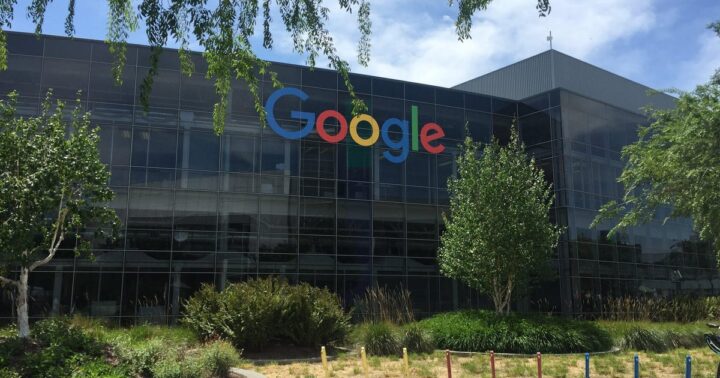The Nigerian-British Chamber of Commerce (NBCC) has projected that Nigeria’s economic growth would decelerate to 2.7 percent in 2023.
The chamber said this its 2023 macroeconomic outlook presented by Bismarck Rewane, chief executive officer(CEO) of Financial Derivatives, on Thursday in Lagos.
In her welcome address, Bisi Adeyemi, NBCC president, said the report would shed light on the effects of the forthcoming elections on economic indices.
“In alignment with our cardinal mandate as a chamber and our commitment to continue to elevate the value proposition to our members and all our stakeholders, we host this event annually to undertake a comprehensive assessment of the opportunities, challenges, and indeed, the threats that businesses should expect to contend with during the year, both in the country and globally,” Adeyemi said.
Advertisement
Presenting the chamber’s outlook for the year, Rewane said the expected slow growth rate would take its toll on businesses and investors.
He, however, said that a slide into recession was unlikely for the country.
“As projected, one third of global economy to plunge into recession, which is unlikely for the Nigerian economy, but an economic slowdown is unavoidable,” he said.
Advertisement
Rewane said fiscal deficit would persist in 2023 as a result of market inefficiency and price distortions; low oil production; weak institution; huge debt servicing costs and subsidies.
He also said inflation would remain elevated and maintain a level above the 9 percent target ceiling throughout the year 2023 due to the 2022 flood that disrupted the food supply chain, raging global geopolitics and conflicts and the exchange rate effect.
“No doubt, 2023 general election will hold and election runoff is inevitable and many developments will trail the outcome of the election,” Rewane said.
“Irrespective of the political party or candidate that wins, we expect several economic reforms from the new administration as opportunities emerge after the elections.
Advertisement
“Nigeria needs to send signals that the shenanigans dwindling investors confidence are over such as single window for customs operations, ruthless efforts to end oil theft and investment in petrochemical value chain.
“Government must also address economic inequality by ensuring equitable distribution of income via taxes to deliver healthcare, education, infrastructure and feeding.”
On COVID-19, the economist said there may be possible spike in infections during the year.
This, he explained, could make Nigeria experience another record slump in fiscal revenue due to lower oil receipts, a decline in remittances and subdued economic activities.
Advertisement
Rewane further listed key sectors that would drive gross domestic product (GDP) growth to include manufacturing, ICT, trade, real estate and construction, financial services, and agriculture.
Advertisement
Add a comment





